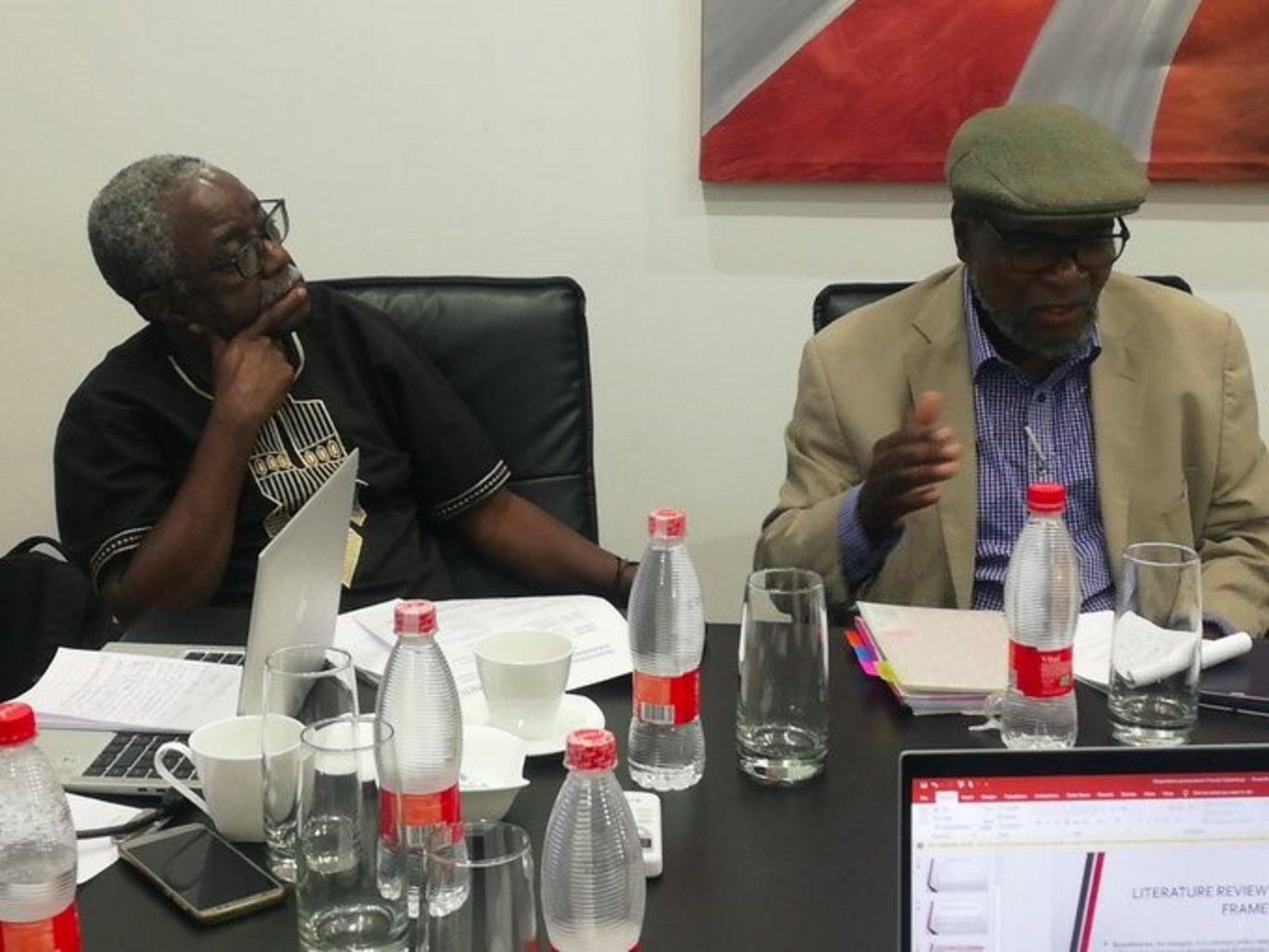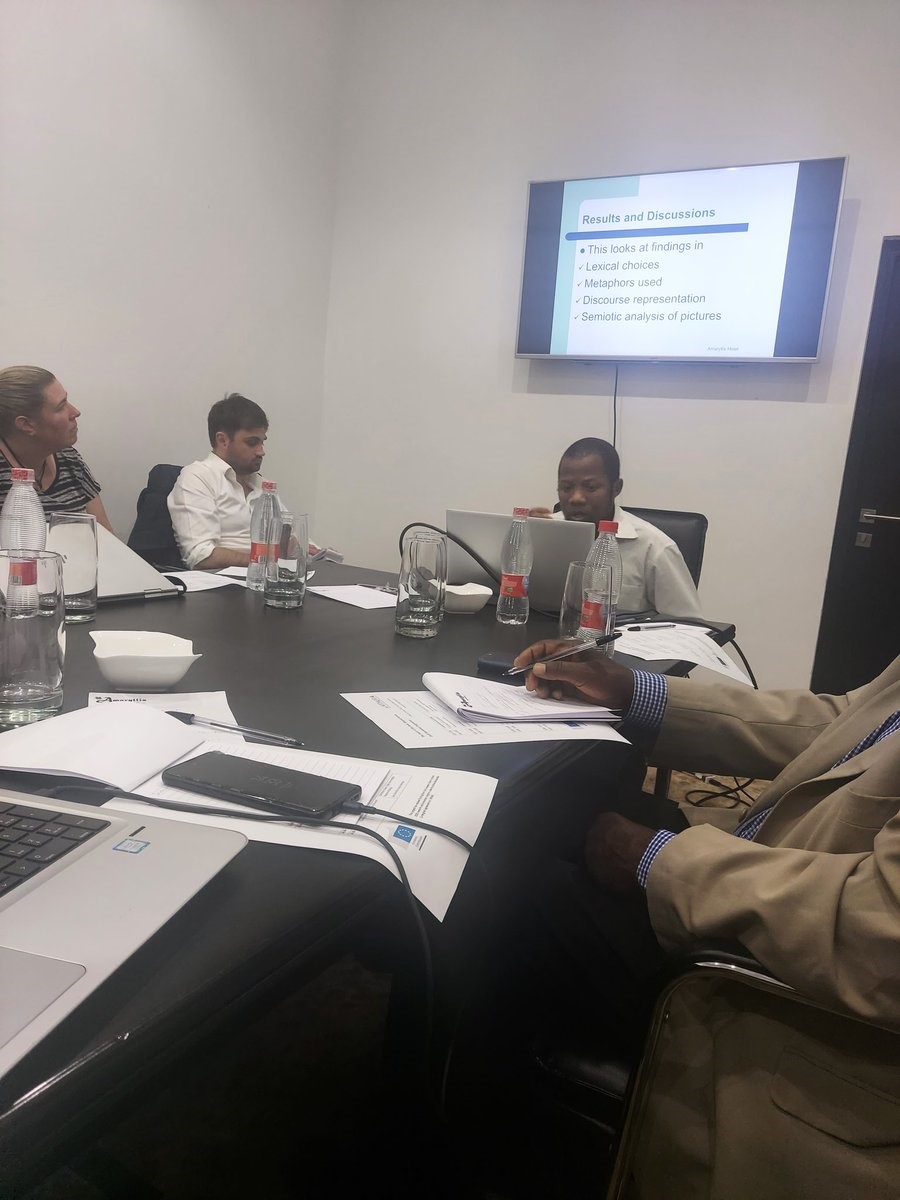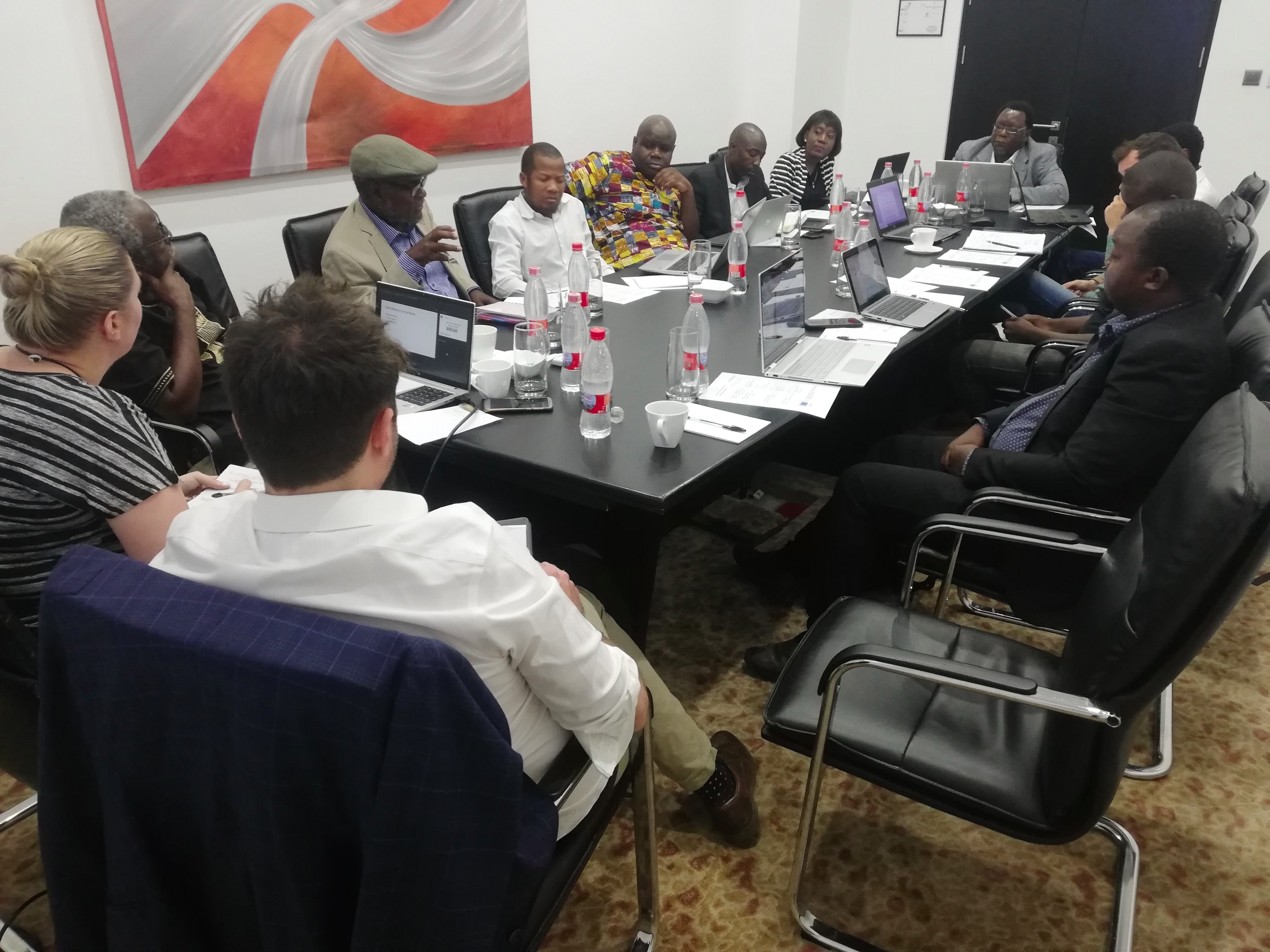Dissemination Trip in Malawi: from sharing research findings to working on future ones
ESR Tanja Hendriks visited her fieldsite in October 2022 to disseminate her research findings



Before attending the ANTHUSIA End Conference in Cape Town in early November, I spent two weeks in Malawi to share my research findings with my interlocutors, especially the civil servants at the Department of Disaster Management Affairs. Due to the COVID-19 pandemic, I had not been able to travel to Malawi since the end of my fieldwork in 2019, and it was great to have the opportunity to see everyone again and discuss my work. I received helpful feedback and many suggestions for further research and future collaborations.
In addition to these discussions with interlocutors, I also co-organised a workshop with Sam Farrell (a PhD Candidate at Cambridge University), to disseminate and connect our work to the scholarly community in Malawi and to engage with fellow early career researchers, especially master students and (aspiring) PhD candidates. Several weeks before our visit we sent out a call for abstracts under the title The Heart of the State: Beyond Failure, in which we asked people to reflect on understandings of the Malawi state that look beyond just (moral, political or economic) failure. We received abstracts from seven applicants who all presented a paper with the rest of the group, and on the day itself we were also joined by several others. The contributions were organized in two parts: those focusing on more abstract issues related to governance, such as the role of humanism in a postcolonial state or the importance of nostalgia and prestige in the civil service, and those focusing on specific practices of governance, such as lexical choices in media coverage of parliamentarians or accounting and budgeting at a city council. The workshop sparked lively discussions among contributors, which often continued during the well-earned breaks because there were so many interesting points of discussion.
The workshop benefited enormously from the presence of three well established Malawian academics: Professor Boniface Dulani, Professor Fidelis Edge Kanyongolo and Professor Mpalive Msiska. Each of them shared their views and asked challenging questions but also spoke words of encouragement in the spirit of a long-term commitment to try and ultimately bring the pieces presented at the workshop into print. To this end, Mpalive Msiska had joined the workshop on behalf of the Journal of Southern African Studies (JSAS), where he is the book review editor. JSAS has expressed interest in potentially publishing some of the contributions to the workshop as a special issue, but a lot of work remains to be done until then. We managed to kick-start this process by organizing the workshop with ANTHUSIA funding and we hope to continue our discussions and writings next year, building enduring scholarly connections for the benefit of early career academics.